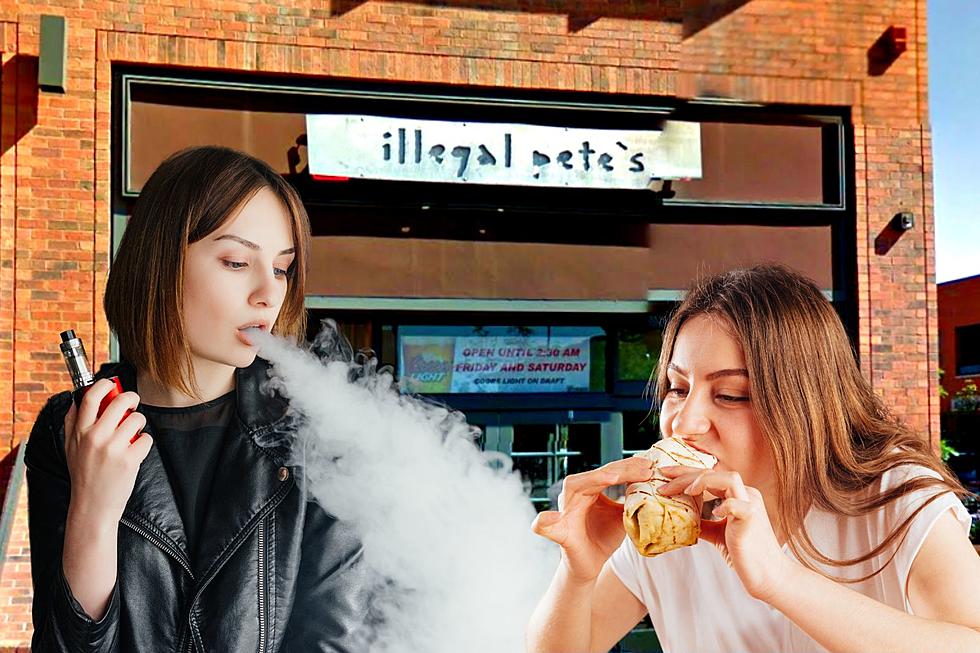
Why is Marijuana Legal in Colorado and Not Nationwide?
Colorado was one of the first states in the country to legalize marijuana for adults to use for medicinal and/or recreational purposes. Many other states have followed suit over the years, yet cannabis remains a Schedule I drug according to the United States Federal Drug Administration.
Despite Being Legal in Colorado Marijuana is a Schedule I Drug
First, let’s take a look at how the DEA categorizes drugs. There are five Schedules, with Schedule I being the most serious and according to the DEA these drugs have “no current medical use with high potential for abuse and/or addiction.
Schedule II includes drugs with some medical uses but a high probability of abuse and/or addiction, Schedule II includes drugs with a moderate or low potential for abuse and/or addiction, Schedule IV includes drugs with medical use and low probability of abuse, and Schedule V includes drugs with low potential for abuse.
Marijuana was given the Schedule I categorization in 1970 which carries serious penalties for possession, use, and/or sale in states that still haven’t legalized cannabis, though there is currently a big push by the Department of Health and Human Services as well as NORML for the DEA to reschedule it.
Will Marijuana Ever Become Federally Legal Like It Is in Colorado?
Over the past handful of years, strides have been made to decriminalize marijuana. In addition to states like Colorado, Washington, and Oregon leading the way, the Obama administration eased federal laws to give individual states more rights to choose how to handle cannabis.
According to reputable law scholars Jessica Bulman-Pozen and Gillian E. Metzger, 2016 saw the federal government officially decline to “enforce the federal Controlled Substances Act with respect to marijuana offenses in Colorado and Washington,” effectively accommodating “those states’ decisions to legalize recreational marijuana use.”
How Legal is Marijuana in Colorado and Other States?
Because marijuana is still a Schedule I drug according to the federal government, there are a number of states that have chosen not to decriminalize it just yet. These include Alabama, Arkansas, Florida, Georgia, Idaho, Indiana, Iowa, Kansas, Kentucky, Oklahoma, Pennsylvania, South Carolina, South Dakota, Tennessee, Texas, Utah, West Virginia, Wisconsin, and Wyoming.
On the flipside, the states in which cannabis is fully legal include Alaska, Arizona, California, Connecticut, Delaware, Illinois, Maine, Maryland, Massachusetts, Michigan, Minnesota, Missouri, Montana, Nevada, New Jersey, New Mexico, New York, Oregon, Rhode Island, Vermont, Virginia, Washington, as well as the District of Columbia and, of course, Colorado.
It certainly appears that each state has its own opinion on marijuana, but it’s difficult to argue that the drug should still be considered a Schedule I narcotic by the DEA.


